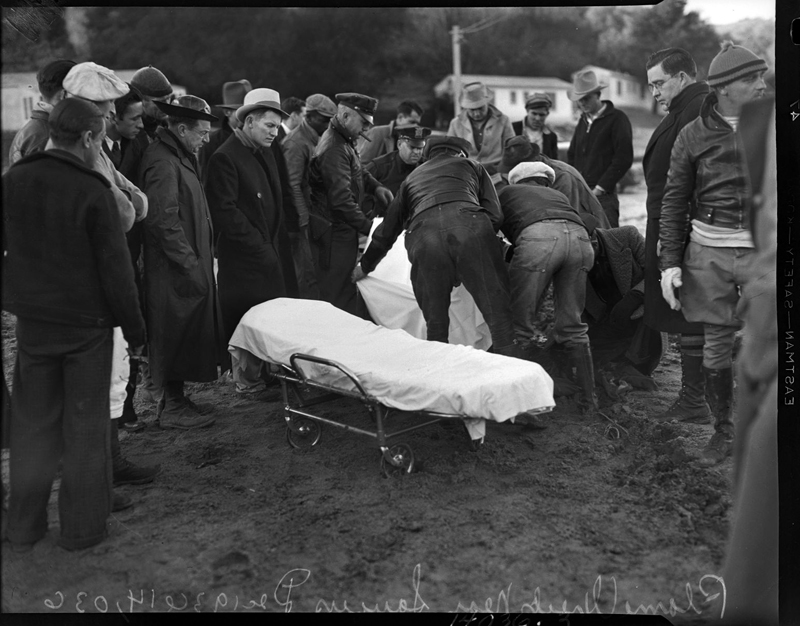 What will your last words be? Will they be witty? Will they be repeated long after you are gone? Perhaps they will be legendary or dull.
What will your last words be? Will they be witty? Will they be repeated long after you are gone? Perhaps they will be legendary or dull.
When George Washington (1732-1799), the founder of our country died, his last words were, “’Tis well.” Maybe all was well; maybe not. After all, he did die. I love the last word President Richard Nixon (1913-1994) uttered: “Help.” It is such a fitting last word.
I hope my last words are brilliant, bright, full of wisdom and knowledge – a quote that can be repeated over and over again for the good of society. But in reality, I’ll probably say something like Theodore “Teddy” Roosevelt (1858-1919), whose last words were: “Please, put out the light.” Put out the light? I wonder if it was a light in his room, or the light he was heading into…
Last words should be honest, without regret and sincere. Last words should convey a peaceful message, be direct and without complication. They should leave the listener with something he or she can carry forever, like the last words of President James Polk (1795-1849), “I love you, Sarah. For all eternity, I love you.”

James K. Polk
I love the last words President Zachary Taylor (1784-1850) said on his deathbed: “I regret nothing, but I am sorry that I am about to leave my friends.”
Some last words are said under stress or fear and leave nothing for those left behind. An example is the last word of President Ulysses S. Grant (1822-1885). One would think his words would be gallant or triumphant. But he merely uttered, “water.” That was it. Of course, one could expound on that and think water is our most important compound on Earth, and that we must protect it. But I think he just wanted a drink of it.

Yes we can? “No, you certainly can’t.”
Some last recorded words don’t make any sense. An example are the last words uttered by President John F. Kennedy (1817-1963) after he was shot in Dallas, Texas. It seems people remembered his last words, but not in reference to any conversation. They were, “No, you certainly can’t.”
Another odd set of last words was uttered by President Abraham Lincoln (1809-1865). He stated simply, “She won’t think anything about it.” Again, there’s no explanation as to the reference of a conversation.
Two more presidents emerge as realists: President Thomas Jefferson (1743-1826) and John Quincy Adams (1767-1848). Jefferson said, “No, doctor, nothing more.” Adams said, “This is the last of Earth. I am content.”
Some who lay dying in their beds show they have faced eternity squarely by their last words. President Dwight D. Eisenhower (1890-1969) was one of these realists. His words were: “I want to go. I’m ready to go. God, take me.” Another realist was President Andrew Johnson (1808-1875). He said, “I need no doctor. I can overcome my own troubles.” And indeed he did. That was the end of his troubles.

Warren G. Harding
President Warren G. Harding (1865-1923) died with a smile on his face. He was having a jovial time right up to the end. Having a kind soul read to him, he responded with his last words: “That’s good. Go on, read some more.” With that, he departed.
Some people provide clues about their well-being, as did Franklin Delano Roosevelt (1882-1945) when he responded with, “I have a terrific pain in the back of my head.” In an instant, Roosevelt was gone, along with his pain.
The last quote I have for you today comes from John Adams (not to be confused with John Quincy Adams), 1735-1826. As he lay dying, he said, “Thomas Jefferson … still survives.”
Dianne Erskine-Hellrigel is executive director of the Community Hiking Club and president of the Santa Clara River Watershed Conservancy. Contact Dianne through communityhikingclub.org or at zuliebear@aol.com.
Like this:
Like Loading...
Related






 Tweet This
Tweet This Facebook
Facebook Digg This
Digg This Bookmark
Bookmark Stumble
Stumble RSS
RSS










































REAL NAMES ONLY: All posters must use their real individual or business name. This applies equally to Twitter account holders who use a nickname.
1 Comment
I believe our last words will be largely dependent upon what we know about where we are headed. We all will live beyond this earth, and our decision of exactly where that will be needs to be made before we depart.